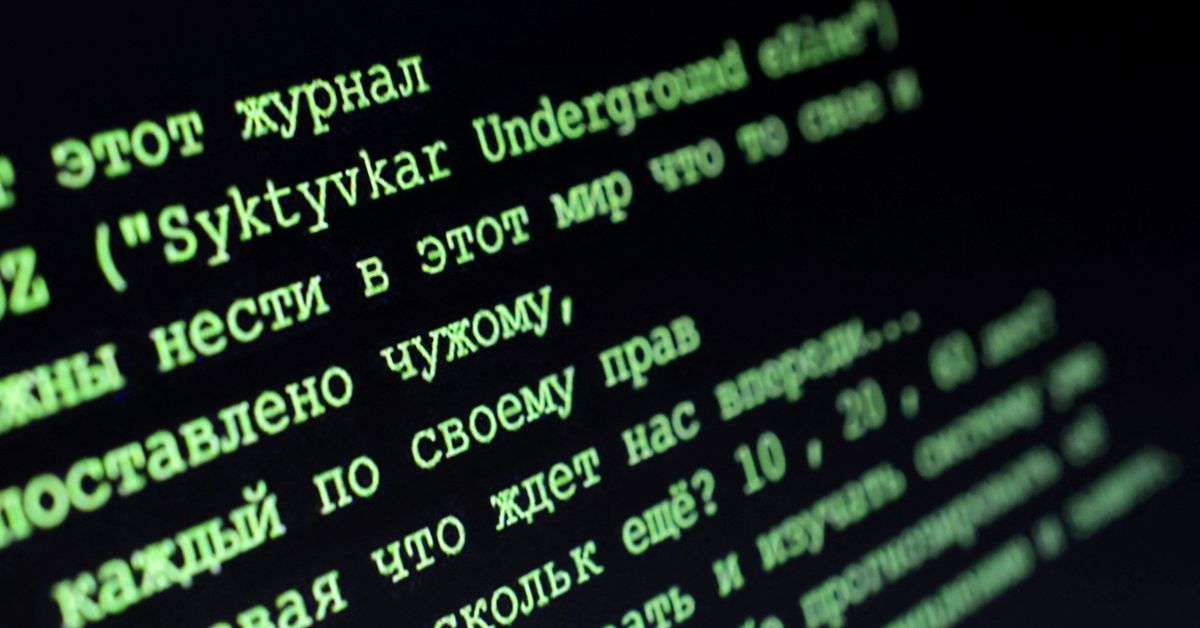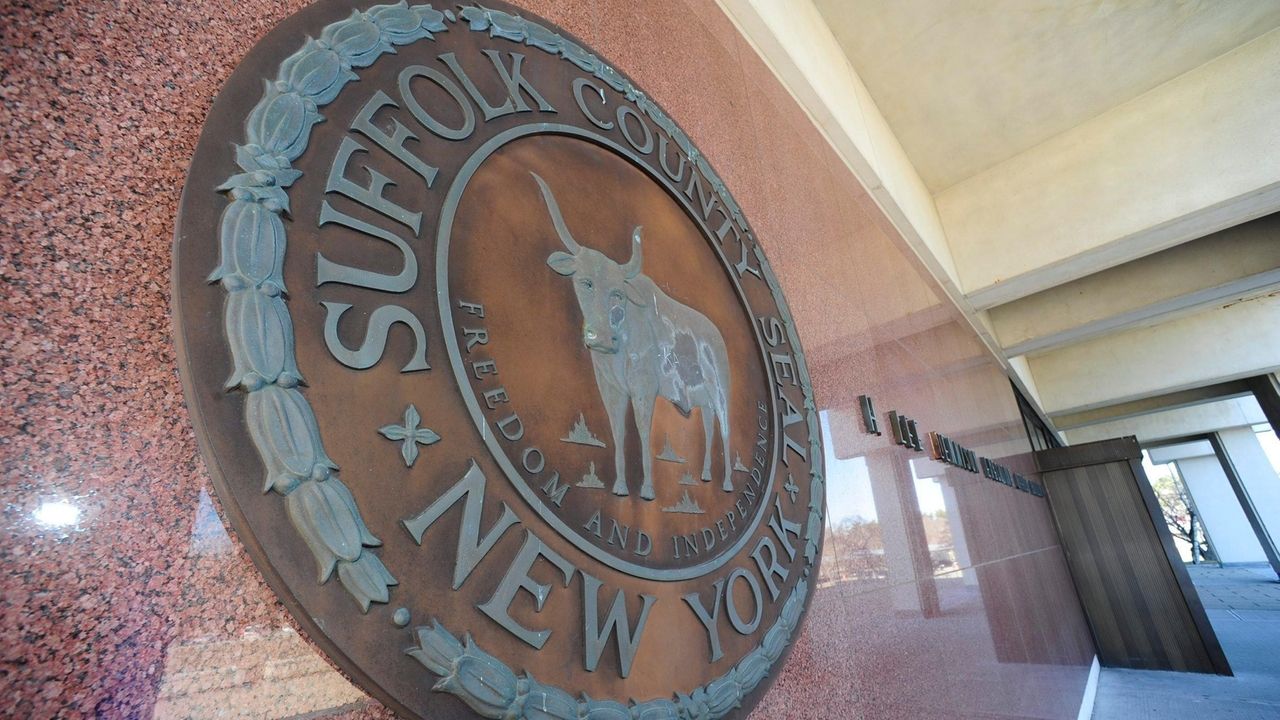Guest Perspective: Geofences can let businesses build a digital moat around sensitive data
E-commerce is a wonderful development: utilizing the power of the web for commercial transactions has meant that even the smallest business can easily connect with existing and potential customers across the world. But the very ability to wipe out border barriers and turbocharge sales has also exposed enterprises to new, potentially deadly threats.
Consider the case of an East Coast municipality that — like many others have done — opened its website to international traffic and allowed anyone to log in, regardless of location. In theory, this open e-door policy would help the municipality get the message out to a global audience about its desirability as a live, work and play destination.
The move did indeed attract visitors, but some were state-sponsored hackers who tried to seize control of the municipality’s bank accounts. Fortunately, quick-thinking local officials contacted the FBI, Homeland Security, and other agencies and quashed the ransomware attempt.
In the wake of the attack, the municipality sent out a Request for Proposal (RFP), seeking help to secure their systems and sensitive data. eMazzanti Technologies answered the RFP and won the contract. After scrubbing their systems and ensuring that the hijacking viruses were completely erased, our professionals input a series of cyber defenses. We recommended a custom-designed suite of antivirus programs, password enhancements, and other security measures — and, most importantly, advised the municipality to set up a geofence.
Securing the Perimeter
A geofence is a firewall-based feature that lets an organization control entry into its digital domain. It starts by determining the physical location or origination point of incoming traffic or network requests by automatically reviewing the visitor’s IP address and comparing that to a digital list of prohibited places. If the entity is trying to enter from a forbidden spot, it will be blocked from the system.
Geofences, along with other digital security systems, are increasingly important as more state-sponsored hackers target U.S.-based entities. In 2021, the FBI announced it had logged more than 791,790 reports of suspected internet



